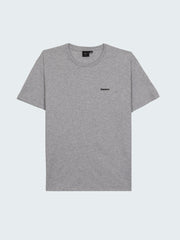Well… I really don’t think that women are excluded. I genuinely don’t think that. When I started surfing, all the role models that I had locally were men. And they were brilliant. They were so encouraging.
The lads have always been brilliant. I couldn’t say a bad thing about them. That’s not what Yonder is about. It’s more about, why women are feeling this way in themselves? And I think it’s definitely a societal problem. There’s something about being a young girl and the way we’re often brought up, what we’re taught to think and feel and be. It’s not necessarily a purposeful thing, but it’s there in society, of course it is! There are so many things you can look into, and the research as to why some women might be lacking confidence and might be struggling to get out there.
From my experience, some women want to be good at it immediately, they want to understand how it all works, and if that doesn’t happen they can feel like they’re not good enough and they’re a failure and it’s not going to work and you might as well just give up and stay in the white water because that’s your happy place. Or maybe they’ve experienced a huge wipeout or long hold-down and they think, ‘Oh, that’s surfing. That’s terrifying!’. It can be game over once that’s happened.
There’s also not as much of the culture here in the North East. Down in Cornwall you have a great Grom scene, and we do have a great surf school up here teaching kids, but there’s a middle ground when they’re not coming after school with their surfboards, especially the girls. So I know I’m banging on a bit but there’s never been a culture of the young girls getting out there. To a little extent there is with the boys, but it’s only really the odd boy that takes that up who we’ve seen come through the ranks.






























































































